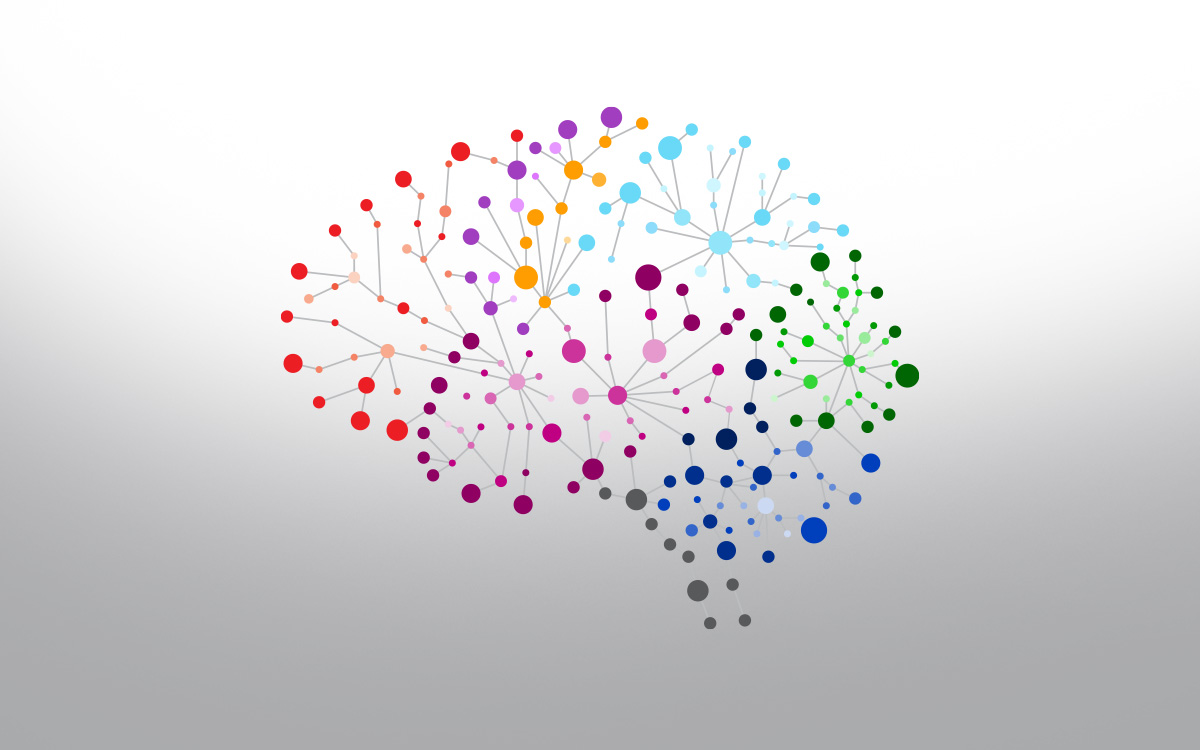The Healing Effects of Finding Purpose for People with Dementia
Everyone, regardless of age, education, professional background, or health status, has a purpose and deserves to find and serve that purpose.
What IS “Purpose?”
Simply put, “purpose” is like our internal compass. It gives us a sense of direction on where we are going. It brings meaning to our existence. It helps reassure us that we are doing something worthwhile or relevant and that we… are relevant.
Our purpose does not have to be big to create a positive impact on our well-being. It can be something as simple as practicing kindness whenever possible. Regardless, our purpose is unique to us and figuring out our purpose in life (PIL) is actually part of the journey.
What are the Health Benefits of Finding Our Purpose?
Finding our purpose can extend our longevity. There is actually some science behind this claim. According to the article, “10 Powerful Benefits of Living with Purpose” published in Psychology Today, researchers have discovered that people who live their purpose have lowered cortisol (the stress hormone) levels, and therefore, are better able to counteract the effects of stress – e.g., they have a faster ability to repair the immune system, lower their blood sugar levels and slow down their heart rates.
People who found and serve their purpose sleep better. Research also supports the observation that people who live their purpose have better quality of sleep, are less prone to sleep apnea and restless legs syndrome.
People who feel they have a sense of purpose have an overall better mental, emotional and social health. People who feel that they are serving a purpose have been shown to make healthier lifestyle choices, practice healthy eating and are less prone to depression. They also seem to be more motivated to form stronger and more meaningful social connections and interactions.
The Benefits of Finding Purpose Among Individuals Living with Dementia
According to the article, “Sense of Purpose is Linked to Reduce Risk of Dementia,” published in Neuroscience News in April 2022, researchers have found that “a higher purpose or meaning in life was significantly associated with a reduced risk of multiple cognitive impairment outcomes, including dementia and mild cognitive impairment.”
Among the physiological and physical benefits of having a sense of purpose include:
- Reduced inflammation in the brain
- Ability to recover more quickly from stressful life events
- Resilience or the ability to move forward and make sense of trauma or major life transitions (e.g., death or loss of a loved one, divorce, illness)
- Higher likelihood to be interested in exercise and engage in social activities
If we understand the factors that can increase the risk of dementia and/or cognitive decline, we can look at creative solutions to reduce these risk factors. We “break the chain” that increases the risk for dementia and create a new chain that can strengthen cognitive abilities and physical well-being.
Finding Purpose Among Individuals Living with Dementia
Author and Dementia Advocate, Brenda Avadian, in her article for US News, “Helping People With Dementia Find Purpose Through Work” recommends that, “instead of marginalizing productive people with dementia, let’s offer programs to enable them to raise their self-esteem and have lives with dignity. Let’s help them to regain their sense of purpose, despite living with a terminal disease. Let’s enable them to feel accomplished while they can.”
Supporting someone living with symptoms of dementia requires really knowing the person (and personality) of the person we are caring for – their values, what their interests are, their hobbies, their passions and many more.
Helping them serve their purpose is about finding activities and aligning these activities with their values, interests and passion.
For example, if a person is religious and was always active in church, you can try taking them to places that may hold some spiritual significance to them. Depending on their capacity, you can also suggest they read scriptures out loud or participate in choir groups. Gardening or participating in a community garden program is a good activity for someone who has a strong sense of community service.
Regardless of our health status, we are all entitled to a good quality of life, even with a diagnosis of dementia. In fact, a very good example of serving one’s purpose can be advocating or educating others about their challenges and overcoming them by writing a memoir or a book of one’s experience.
In my own experience as a Dementia Consultant and Educator, I recall supporting a family who was caring for their wife/mom with dementia, who was expressing that she was feeling useless with her declining abilities. Her husband was now doing most of the household duties. When we found out she used to enjoy sorting the recycling, I suggested that she continue to help out even if she didn’t do things perfectly and that people could fix things later. This simple solution allowed this lady to feel a sense of purpose but it also kept her in a good mood.
At Dementia Solutions, we educate and support our caregivers with solutions to get through the day to day. This sometimes includes helping the caregivers to facilitate or encourage a sense of purpose for the individual with dementia. Not only will this help improve their overall well-being, but it will also help peace and harmony in your relationship as a caregiver. If you need any help with coming up with ideas on how to incorporate purpose into the life of the person you’re caring for, please reach out for ideas from others.
Karen Tyrell, CPCA, CDCP is a Dementia Consultant, Educator, Author & Advocate, and Founder of Personalized Dementia Solutions Inc. (www.DementiaSolutions.ca). Karen offers her expertise on dementia care through speaking engagements, workshops, support groups and by working one-on-one with families and caregivers to provide emotional support and practical solutions. She was also on the design team for The Village Langley and provides ongoing education and support to the Village team, families and the community.
DISCLAIMER:
The contents of this blog are provided for information purposes only. They are not intended to replace clinical diagnosis or medical advice from a health professional.




